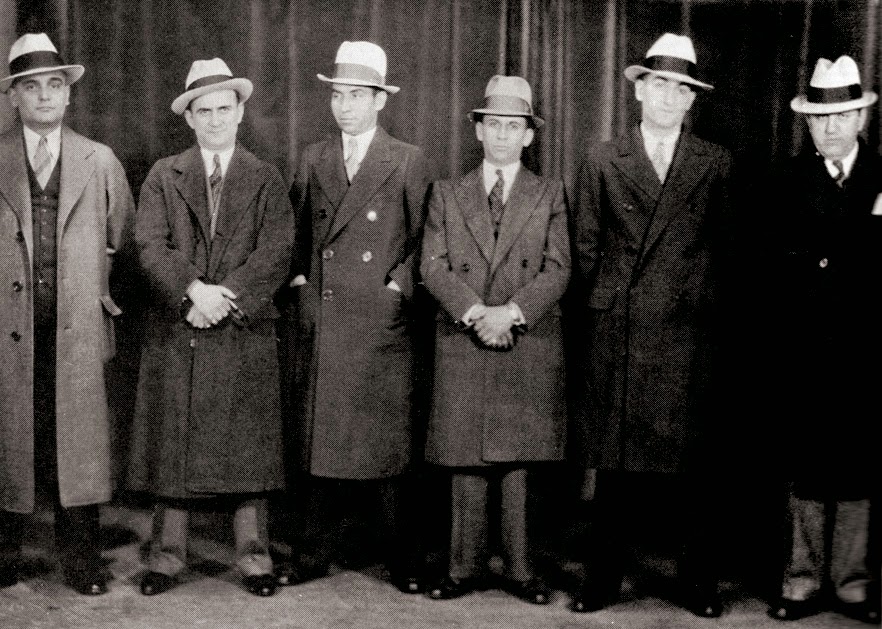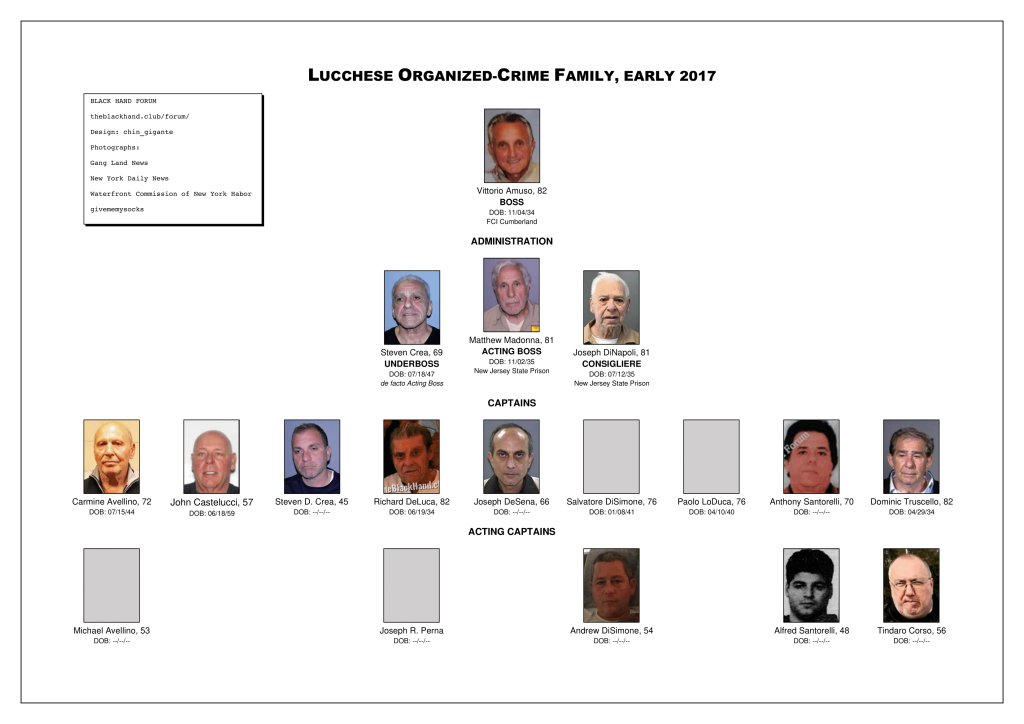In the shadowy world of organized crime, few names carry as much weight as the Lucchese Family. Known for its deep roots in New York City’s criminal underworld, the Lucchese Family has been a dominant force for over a century. From its early days as the Reina Crime Family to its current status as one of the Five Families of the Italian-American Mafia, the organization has left an indelible mark on American history.
This article explores the origins, evolution, and legacy of the Lucchese Family, focusing on key figures such as Alphonse “Little Al” D’Arco, who became the first boss of a New York crime family to turn informant. We’ll also delve into the broader impact of the family on organized crime in the United States.
The Origins of the Lucchese Family

The story of the Lucchese Family begins with Gaetano Reina, an Italian immigrant from Corleone, Sicily. Reina founded what would later become the Lucchese Crime Family in the early 1900s. Initially known as the Reina Crime Family, it was built on a foundation of extortion, loan sharking, and bootlegging during Prohibition. Reina’s strategic acumen and ability to navigate the complex web of early 20th-century organized crime helped establish the family as a major player in the underworld.
Reina’s reign came to an abrupt end in 1930 when he was assassinated by Vito Genovese or possibly Joe Pinzolo on orders of Joe Masseria. This event set off a power struggle that ultimately led to the rise of Tommy Lucchese, who would transform the family into one of the most powerful in New York.
Tommy Lucchese: The Man Who Gave the Family Its Name

Tommy Lucchese took over the family in 1951, renaming it the Lucchese Crime Family. His leadership marked a new era for the organization, characterized by strategic alliances and a growing influence in various industries. Lucchese was known for his political connections and his ability to maintain a low profile while expanding the family’s operations.
Under Lucchese’s guidance, the family gained control of key unions and trade associations in Manhattan, particularly in the garment district. He also formed critical alliances with other Mafia families, including the Luciano and Anastasia families, which helped solidify the Lucchese Family’s position within the larger Cosa Nostra structure.
Lucchese died in 1967 after a long tenure as boss, leaving behind a legacy that would shape the family for decades to come.
The Rise of Vic Amuso and the Era of Blood

Following the death of Tommy Lucchese, the family entered a period of turmoil and internal conflict. Anthony “Tony Ducks” Corallo briefly took the helm, but it was Vic Amuso who would leave the most significant mark on the organization. Amuso’s leadership, which began in 1986, was marked by a series of violent power struggles and a relentless pursuit of control.
Amuso’s partnership with Anthony “Gaspipe” Casso was particularly notorious. Together, they orchestrated a reign of terror that saw numerous members of the family eliminated, often under the guise of “business decisions.” This period of brutality led to widespread fear and distrust within the ranks, ultimately resulting in the defection of several high-ranking members, including Alphonse D’Arco.
Alphonse “Little Al” D’Arco: The First Boss to Turn Informant
Alphonse “Little Al” D’Arco is perhaps the most well-known figure associated with the Lucchese Family. Born in Brooklyn in 1932, D’Arco rose through the ranks of the family, eventually becoming a caporegime and, for a brief period, the acting boss. His career was marked by a series of violent acts, including involvement in ten murders and a variety of other criminal activities.
D’Arco’s decision to become a government witness in 1991 was a watershed moment in the history of the Lucchese Family. At the time, he was the highest-ranking member of a New York crime family to break his blood oath and testify against the mob. His testimony provided crucial evidence that led to the conviction of several high-profile mobsters, including Victor Amuso and Anthony Casso.
D’Arco’s defection had a profound impact on the Lucchese Family, contributing to its decline and the eventual dismantling of its operations. Despite his role in the family’s downfall, D’Arco remained a controversial figure, with some viewing him as a traitor and others as a necessary evil in the fight against organized crime.
The Legacy of the Lucchese Family

The legacy of the Lucchese Family is complex and multifaceted. While the organization has been involved in countless criminal activities, it has also played a significant role in shaping the cultural and economic landscape of New York City. From its early days as a small-time gang to its status as one of the most powerful Mafia families, the Lucchese Family has left an indelible mark on American history.
Today, the family continues to exist, albeit in a much diminished capacity. The arrest and imprisonment of key figures like Vic Amuso and the ongoing efforts of law enforcement have significantly weakened the organization. However, the Lucchese Family remains a symbol of the enduring presence of organized crime in the United States.
Conclusion
The Lucchese Family’s history is a testament to the resilience and adaptability of organized crime in the United States. From its early days as the Reina Crime Family to its current status as one of the Five Families of the Italian-American Mafia, the organization has continually evolved to meet the challenges of the times.
Key figures like Alphonse D’Arco have played pivotal roles in shaping the family’s trajectory, with D’Arco’s decision to become a government witness marking a turning point in the fight against organized crime. While the Lucchese Family may no longer hold the same level of power it once did, its legacy continues to influence the world of organized crime in America.
As we look to the future, the story of the Lucchese Family serves as a reminder of the ongoing battle between law enforcement and organized crime. It also highlights the importance of vigilance and the need for continued efforts to combat the dark underbelly of American society.
Stay updated with the latest news on organized crime and its impact on society.











More Stories
US Trending News: The History and Legacy of Zoo York in Streetwear Culture
Understanding ‘You Got That Right’ in The New York Times: Context and Implications
US Trending News: What Are Winter Bones? A Guide to the Seasonal Trend in Bone Health